 LONDON/ BANKOK: If Viktor Bout did not exist, a thriller writer would have invented him. A former Russian lieutenant, he became one of the world’s biggest arms dealers, flying his ancient Soviet planes into battlefields from Liberia to Afghanistan. His clients have included the Taliban and the US government, African warlords and the UN.
LONDON/ BANKOK: If Viktor Bout did not exist, a thriller writer would have invented him. A former Russian lieutenant, he became one of the world’s biggest arms dealers, flying his ancient Soviet planes into battlefields from Liberia to Afghanistan. His clients have included the Taliban and the US government, African warlords and the UN.
He has as many aliases as an AK-47 has rounds, and has acquired the nicknames Merchant of Death and Lord of War. Pursued for years by the intelligence services of the world, and tracked for months by Thai detectives, on March 6, the elusive 41-year-old was finally arrested in a five star hotel in Bangkok.
This time Bout is accused of attempting to buy arms and explosives for leftwing Farc rebels in Colombia but the charge sheet could have listed half a dozen countries where governments might like to interview him. Accused of flouting UN arms embargos and wanted by Interpol, he was eventually arrested on a warrant issued by a Thai court acting on information from the US Drug Enforcement Administration. It is understood that DEA agents posed as arms buyers acting on behalf of Farc.
“We will take legal action against him here, before deporting him to face trial in another country, (most) likely the US,” said Major-General Pongpat Chayaphan, the commander of Thailand’s crime suppression division. “We have followed him for several months. He just came back to Thailand today.”
Bout’s story is a classic end-of-the-cold-war morality tale. As a smart and opportunistic 25-year-old, he took advantage of three converging factors after the collapse of the USSR: the sudden availability of cheap, clapped out Soviet airforce planes; a massive stockpile of weapons and spare parts guarded only by underpaid and disgruntled servicemen, and the burgeoning demand for arms from countless conflict areas around the world. Soon he was flying arms to any government or militia that wanted them and filling his Antonov cargo planes with less lethal wares, from gladioli to diamonds, for equally lucrative return trips.
Initially, he provided cheap freight routes to whomever would pay, whether the Angolan government or Unita rebels, the Northern Alliance in Afghanistan or their Taliban opponents. After 2001, he worked for the US government and its civilian suppliers, shipping goods into Iraq on their behalf.
“In an age when the US president has divided the world into those who are with the United States and those who are against it, Bout is both,” wrote Douglas Farah and Stephen Braun, authors of Merchant of Death, the investigation into Bout which they published last year.
He has also flown peacekeepers for the UN to Somalia and aid to Sri Lanka, after the 2004 tsunami, and been accused of supplying the Liberian warlord, Charles Taylor.
Yuri Orlov, the character played by Nicholas Cage in Lord of War, the 2005 film about the international arms trade, is said to be modelled on Bout. Amnesty International, which in 2005 accused Bout of being “the most prominent foreign businessman” involved in weapons trafficking to countries under UN arms embargos, such as Slovakia, Ukraine and Kyrgyzstan, has commended the film for highlighting the baleful effects of the arms trade. Doubtless Bout will one day be the subject of a film himself, played perhaps by Russell Crowe in a bad moustache, dark glasses and baseball cap; Bout rarely allows himself to be photographed.As far as he was concerned, he was purely a businessman, providing an international freight service stripped of any ideology. As far as some aid agencies were concerned, on occasion Bout was the swiftest supplier of relief to disaster zones. As far as the then British Foreign Office minister Peter Hain was concerned, when he denounced him in the UK parliament in 2000, he was a “merchant of death”, cynically fuelling the civil wars in Africa.
On March 6, Hain welcomed news that Bout had been detained in Bangkok. “I am pleased he has been arrested,” he said. “At the time I exposed him, he was running arms to Angola, Sierra Leone and Congo and taking out blood diamonds. It was a lethal trade and some of those weapons were used against British troops in Sierra Leone. I tried with MI6 (British secret intelligence) to dismantle his activities and we were partially successful but he still has a lot of friends in Moscow.”Oliver Sprague, Amnesty International’s UK arms programme director, also hailed the arrest. “While we welcome the fact that Victor Bout has finally been arrested, why has it taken so long for this to happen?” he asked. “This is exactly why an international arms trade treaty is needed. Such a treaty would close loopholes that gun-runners like Viktor Bout so easily exploit for their own gain. Through their irresponsible arms transfers gun-runners like Bout have fuelled conflicts where dreadful human rights abuses have occurred.”
Like any good fictional character, Bout has managed to muddy the waters of his past. He was supposedly born in Tajikistan but he has also claimed that he is from near the Caspian Sea in Turkmenistan. Others suggest he is Ukrainian. His many passports carry variations of his name, with his western nom de guerre being Victor Butt. He is married, with at least one daughter. Having studied at Moscow’s military institute of foreign languages, he speaks everything from Uzbek to French, Portuguese to African dialects, but he denies that he was ever in the KGB.
“Bout would fly for anyone who paid,” an associate told the Centre for Public Integrity in the US. “He is good because he takes the chances.”—Dawn/The Guardian News Service
















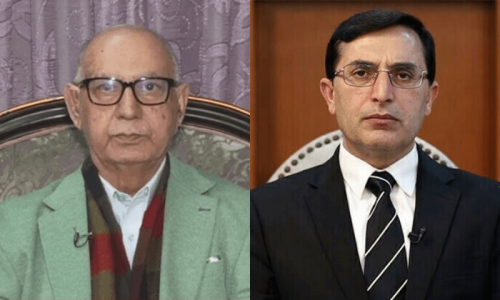

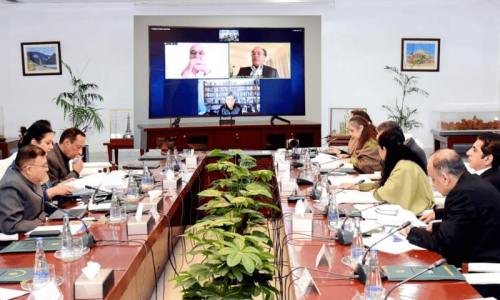


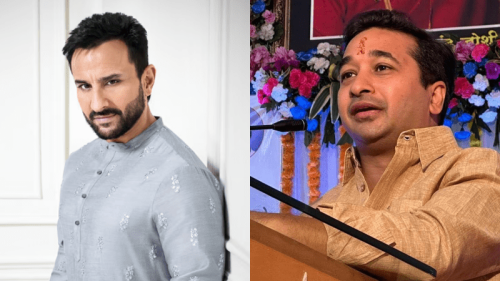





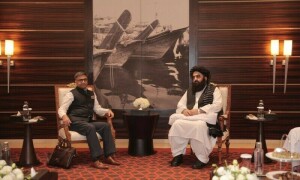
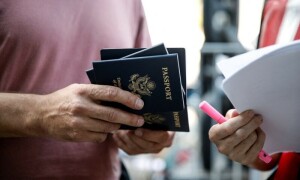




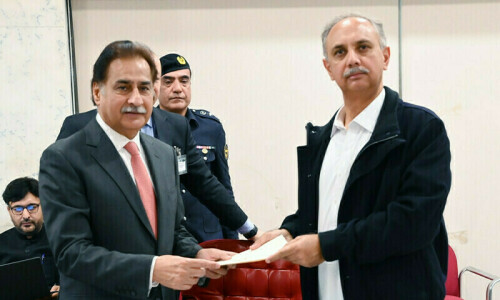



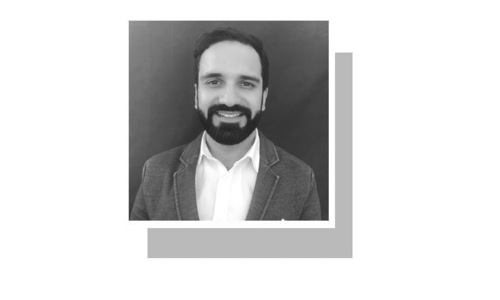

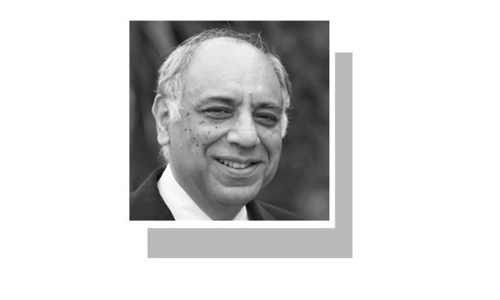
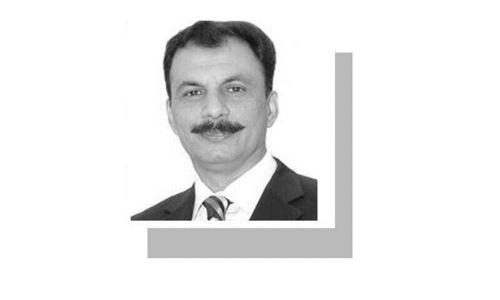







Dear visitor, the comments section is undergoing an overhaul and will return soon.